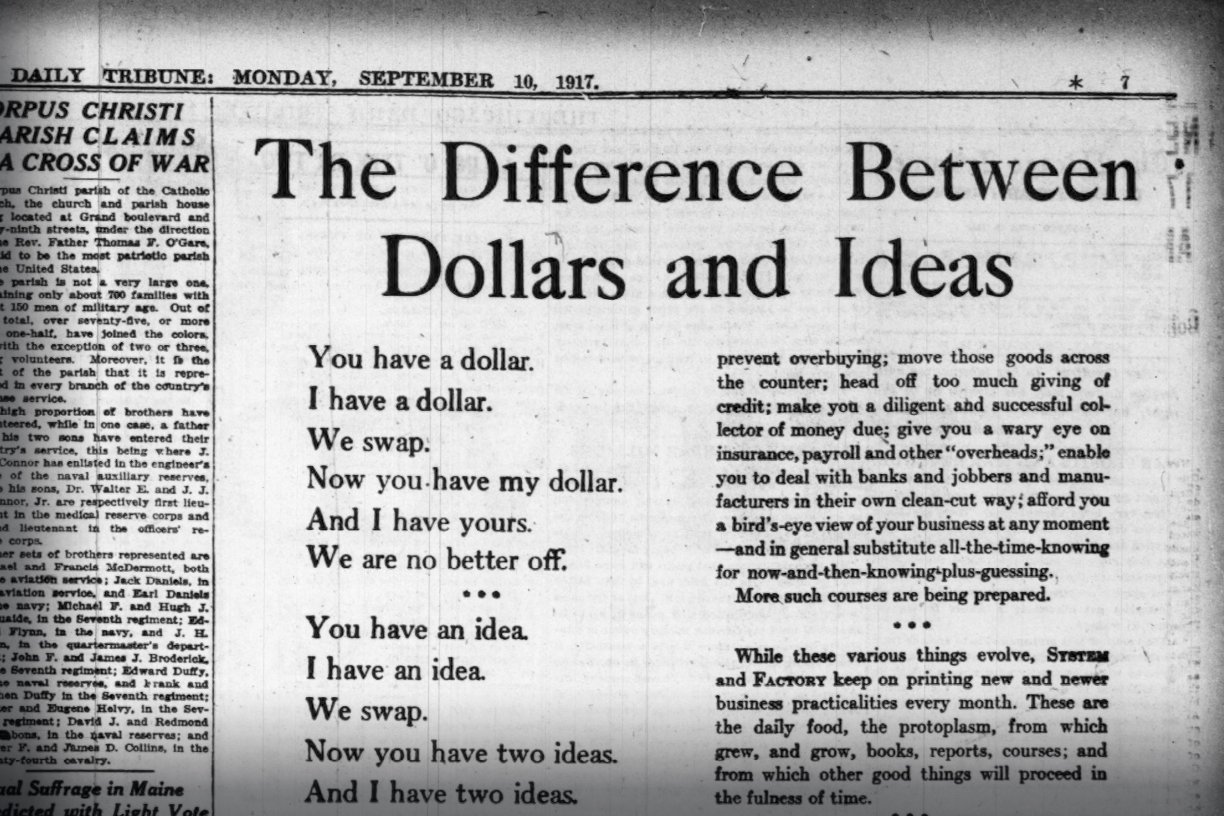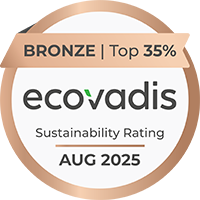Why we need to help our people engage with fear
“It helps me to talk about the negatives… if I can do this I can see them clearly… If I can see them clearly, I can think about them. I can confront them”
These are the words of a senior leader I recently shared a virtual room with.
His words echo and illustrate some reflections I have been having lately about the role of fear in coaching, and in personal development in general.
Why is this subject important? Partly it is because the term Psychological Safety is now ubiquitous in coaching and development circles – well understood enough that I don’t need to explain it here. For coaches, trained as we are to create trust and rapport, it’s provided a succinct, if simplified, term for this skillset. Of course, at MF we believe this skillset is fundamental for coaches. Without creating trust and safety you might as well pack up your powerful questions, your models, your tools and leave. If we create trust, people can do some of their best thinking. They can open up, more easily share vulnerabilities, dreams and doubts, and explore their ideas in safety. This principle has been confirmed by recent findings from neuroscience.
The thing is though, once you’ve created that trust… what do you actively do with it to benefit the client? How do you turn Psychological Safety into an energy for change?
Let’s have a look at this subject through the lens of four simple metaphors.
Cocktails
My personal cocktail glass contains, as cocktails do, a blend of ingredients. Amongst these ingredients is positivity; but It isn’t brim to the top with positivity alone, and I don’t unquestioningly believe that, in the words of John Lennon, “There are no problems, only solutions’. My glass also contains a splash of realism, a dash of scepticism and a healthy garnish of ‘hope’ atop it. It’s a cocktail. It’s still a largely positive cocktail, but it wouldn’t have the bite it needs without some of the counterbalancing flavours. I realise I need to keep the recipe under review.
Surfing
In a coaching session, once clients have shared what’s on their mind and gained clarity on what they want, they can feel pretty positive. It’s incredibly tempting for coach and client to surf that wave of positivity all the way to the beach. We can be outcome focused, solution focused, strengths focused. However, there are still things under the wave to be aware of.
To surf the wave with wisdom and not just reckless abandon we must also know what lies beneath. Whilst the euphoria of surfing a wave can be a motivator for our clients, it is not always enough to create motivation and wisdom for real and sustainable change. Fear, properly addressed, can also be a great motivator. If people know that a fall from the board may see a close encounter with a sharp reef below; if they know more waves are crashing in behind; if they know and acknowledge that sharks could be circling below – this knowledge will increase focus.
Dragons
“Only one who has risked the fight with the dragon and is not overcome by it wins the hoard, the “treasure hard to attain”. He alone has a genuine claim to self-confidence, for he has faced the dark ground of his self and thereby has gained himself”
Carl Jung
The legend of Beowulf tells of a warrior who slays a fierce dragon, only to unleash an even more powerful dragon – the first dragon’s mother- that he must also fight. He has to descend into a lake of fire – a metaphor for fear, danger and the unknown, some would say of the unconscious. Once committed to the lake, he finds there powerful and magical weapons and tools of which he was previously unaware, which he can use to defeat the dragon.
There is a coaching analogy to this. We talk about coaching ‘the whole person’. The whole person can never consist of just what is light, positive, obvious and celebrated – we need to be able to safely explore the reality of fear, doubts and even pains, in order to produce truly ecological perspectives and solutions.
Rubber Bands
One of the oldest psychological truisms is that the two chief motivators are avoiding pain and seeking pleasure. Of the two, avoiding pain is thought to be the stronger motivator. We can use these two instinctive motivators together. Think about an elastic band. If we simply pull it in one direction, let’s say towards seeking pleasure, there is no tension, no energy in the band. If we pull it the other way, towards avoiding pain, again, there is no stored energy in the band. If, however, we pull both ends at once there is an immediate increase in potential energy, and for something to happen. This is the trick – to create positive energy in both directions, to create power out of the conflicting instincts.
So to practicalities. What can we do as coaches to make fear, and the unwanted, part of the dynamic of positive change?
- We can start to explore fear in simple ways. Firstly, we can make it plain to our people that it is OK to talk about fear – maybe even disclosing something of our own fears, if appropriate.
- We can inspire by alluding to the many positive stories and legends of those who have embraced fear in their transformational journeys.
- We can begin to explore fear by asking great coaching questions, e.g.
What happens if you do nothing?
Fast forward 6 months and the situation remains… how do you feel?
What are your fearful of?
What happens if this doesn’t work?
What is your fear trying to do for you? How can you honour that?
What doubts are you harbouring?
It’s much better to help people explore these fears than leave them bubbling under the surface, never addressed but always there.
We don’t need to stay with it for too long, of course. Indeed with the higher stress levels that fear can generate, it’s not healthy to stay too long. We should visit that fear as tourists. An examination of fear provides insight and clarity, in healthy doses.
In their 2018 HBR article ‘How Fear Helps (and Hurts) Entrepreneurs', Warwick Business School professors James Hayton and Gabriella Cacciotti concluded that “the ability to anticipate and manage fear is a vital skill.”
We can help our people to visit and investigate fear to find new perspectives and resources, balancing this with our customary drive towards goals and outcomes. As the senior leader at the top of this piece says “it helps me…”
This takes skill and judgement on the part of the coach. Just like we need to keep checking we have the right ingredients in our cocktail, we need to keep checking that we are not overplaying or underplaying any of our coaching skills and approaches. We need to stay flexible, responsive, present, and occasionally be quite bold in going beyond our own comfort zone. Above all we need to avoid stereotyping our coaching behaviours, and falling into a rut. As a wise colleague once said to me “Every behaviour is appropriate some of the time, and no behaviour is appropriate all of the time”. To squeeze in one last metaphor; we need to be able to play the whole keyboard when we coach – high notes and low notes, black keys and white keys, fast or slow, loud or soft, depending on the song the client is singing.
Note: Big thanks to Phil Hayes for editing this story and helping to bring themes and key points to life! :)







